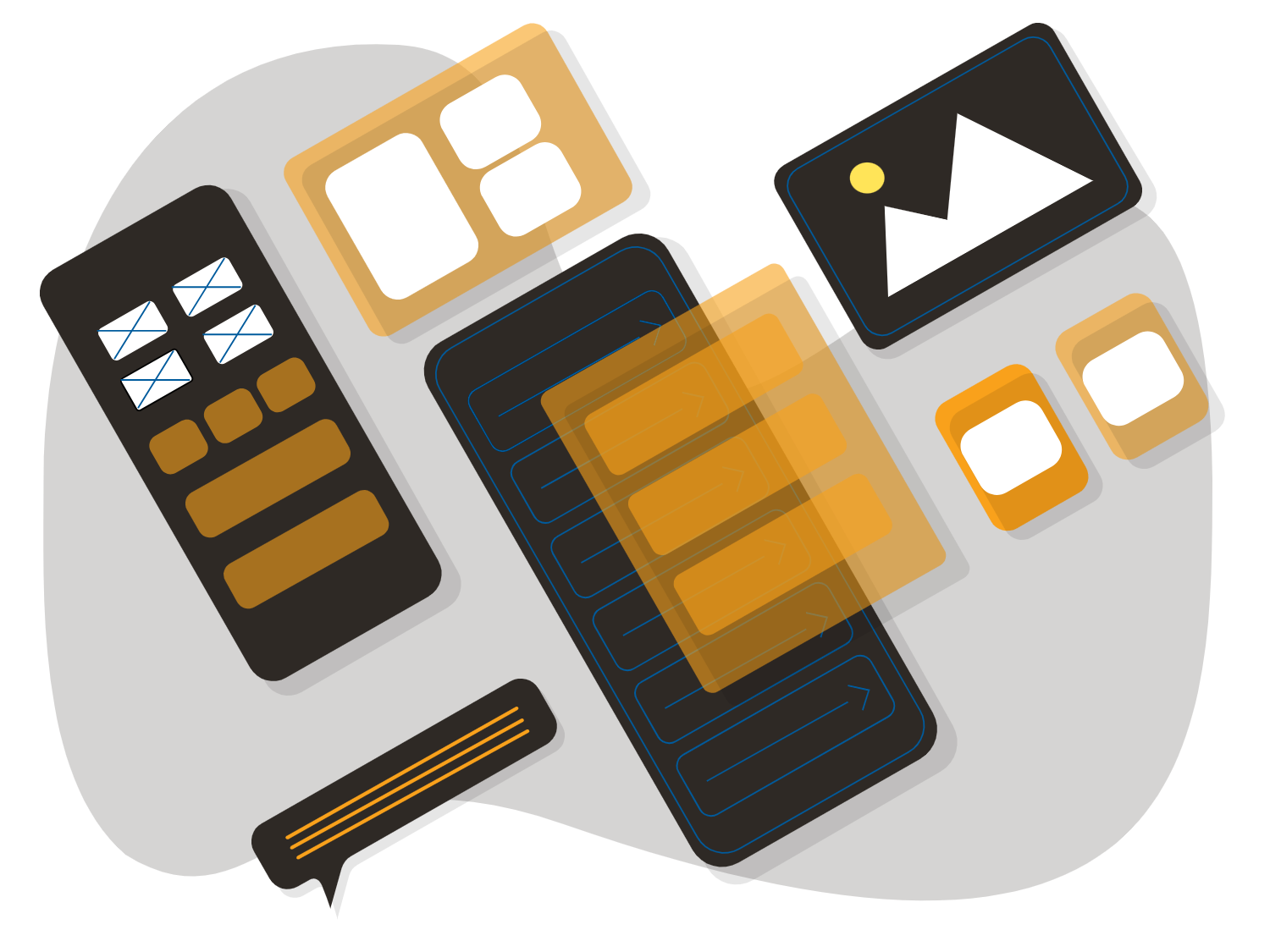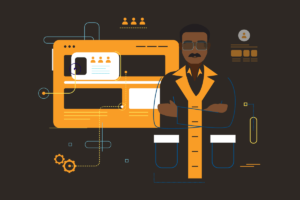

Keep Your WordPress Website Secure: Basics
No one likes getting hacked, and in this digital age that particular threat is increasing every day. Luckily, countermeasures are being thought up almost as quickly – all you have to do is keep up with them. Today, there are a variety of measures you can take to keep your WordPress website safe and secure.
Use Two Factor Authentication
You’ve probably already heard of two factor, or multi-factor authentication (if you haven’t, here’s a quick Guide to MFA). It’s an option for many email accounts, such as Google’s Gmail, and for many popular social media accounts as well. Did you know that you could also use two factor authentication on WordPress websites? To do so will require a plugin that will allow the action. You can see which plugins WordPress recommends for this in this article from WordPress support.
Utilizing two factor authentication on your website improves your security in two ways. First, and most importantly, even if a cybercriminal has obtained your login credentials, they still won’t be able to access your website without the second authentication factor. Second, two factor authentication also notifies you if someone is trying to access your website. If you receive an authentication request, but didn’t send it, you know your login credentials have been compromised and can take immediate action to protect your account.
PRotect From Malware
Like your computer, your website can be infected with malware and viruses. No one wants to fall victim to this, especially businesses who could lose customers depending on the severity of the infection. Malware can wreak all kinds of havoc, from covering it with unwanted advertisements to removing it completely from search results.
The best way to protect your website from this type of threat is to keep it updated. Updates often include security patches that fix previously identified vulnerabilities, which is why it’s so important to update your tools regularly. This could include everything from your WordPress version to the plugins you use on the website. It’s also a good idea to get rid of old plugins you don’t use anymore, or replace ones that are no longer being updated, as these can become a serious security risk for your website.
Use A Reliable Hosting Service
You probably don’t spend a lot of time thinking about your hosting service, but your host has a significant impact on the security of your website. Poor hosts won’t provide backups like managed hosting services do, and some cannot support the latest PHP versions, creating serious vulnerabilities to hackers.
When looking for a host, avoid shared hosting options as they are usually not equipped to handle severe threats. In addition, if your host is hacked, it will spell danger for your website as well. Looking for a more secure host? Ask about tekRESCUE’s hosting services.
Enable SSL to Secure Queries
After having a secure hosting services, it’s important to also enable SSL on your website to secure queries. An SSL certificate provides authentication for your website, and can even help improve your website’s rank in search engines like Google. It’s also required to comply with Payment Card Industry standards if you are utilizing ecommerce on your website.
While SSL is important for all of the reasons mentioned, it is also necessary for the security of your website. SSL keeps information encrypted when it is sent over the internet to its intended recipient, protecting commonly used information, such as credit card numbers, etc., from cybercriminals.
Concerned about the security of your business’s WordPress website? Contact the experts at tekRESCUE, a cybersecurity company near Austin, TX to learn how we can help.




